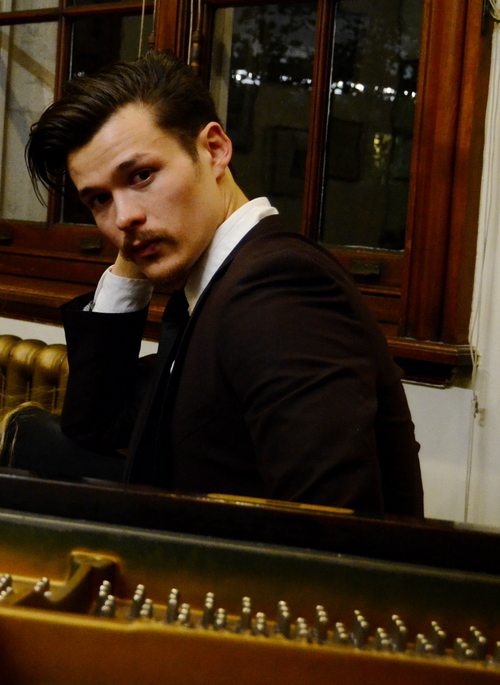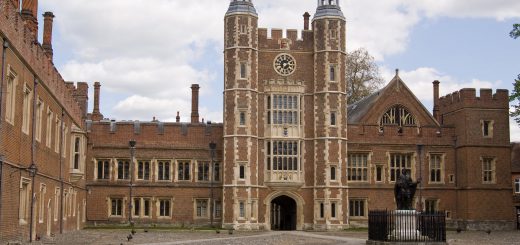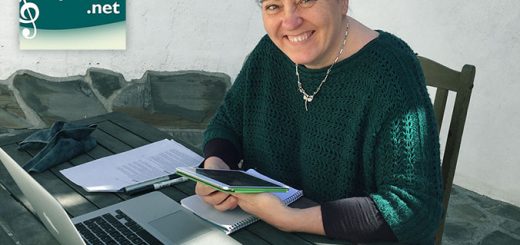Why Piano? by Chris Lloyd, pianist and teacher
Chris Lloyd, recently completed study at the Royal Academy of Music, London, where he graduated with a Master of Music under principal tutor Rustem Hayroudinoff, having completed a Bachelor of Music (1st Class Hons.) at the Elder Conservatorium of Music, Adelaide.
He has performed throughout Australasia, North America and Europe, winning several awards along the way. In 2011, he was a member of the highly acclaimed Ménage à Trio,which toured New Zealand and Australia, and performed Poulenc’s Concert Châmpetrèwith the Adelaide Youth Orchestra. Throughout his studies in London, he was supported by the Ian Potter Cultural Trust and the Elder EMR Scholarship.
In this article, Chris explains to readers, from a technical perspective, the benefits of learning music at a young age and why it is important for a young child to learn the piano.
For children these days, there are a plethora of options from which parents must select to fill up afternoons and weekends; complementing their schooling and education with non-classroom based life skills. These options include sport (both team and individual), dance, craft, tuition and instrument lessons, amongst many others.
Each activity encourages different development in a range of life skill. For a child playing sport, the concepts of teamwork, coordination and work ethic are introduced; dance increases physicality, craft encourages creativity, tuition excels schooling ability and concentration, whilst music achieves all of these.[1]
As a pianist, a certain level of narcissism is required (there’s no other way to justify spending 6+ hours per day alone in a room practicing), and as such, this piece will focus on the incredible educational benefits for children learning the piano at an early age.
On the surface, the child learns music. But what is music? At its most basic level, it is the perfect combination of literacy and numeracy; the student must learn to read a foreign language consisting of different coloured dots on fixed lines, with correlations in the alphabet from A-G. The student must learn not only to read these notes, but associate as many as 8 equivalent notes in separate areas on the keyboard, whilst associating the position of the note in accordance with the sound and visual appearance of each note. To complicate matters, in piano music there are two clefs, which differ from one another (for instance, the note on the bottom line of the bass clef is a G, whilst the note on equivalent line in the treble clef is an E).
The student must also combine these reading skills with applied mathematical basics; by reading the notes, and correctly performing the rhythm of the work. With music measured in beats, a pianist must divide the music into note-values between 4 and 1/64th of a beat (=measure of duration) in length, and almost always whilst simultaneously performing a different rhythm in the other hand.
Which then leads to the development of coordination, both from a hand-eye perspective, and a right and left hand perspective. Quite often I wonder how I ever achieved this! Not only are the hands working at odds with each other, they must also unite the reading of two different sets of notes at the same time (i.e. the above note on clefs). The ten fingers must not only work vertically, but horizontally, with often difficult and constantly changing finger combinations required.
At this point, you may be wondering how any child could master such a complex system in a relatively short period of time. The answer to this is perhaps the most beneficial consequence of piano tuition: the development of work ethic, concentration and dedication. Quite often, the most frustrating part of teaching is the lack of practice done during the week. There are two liable parties in this issue, with the first being the teacher (the onus falling on us to foster enthusiasm and responsibility in the child), and the second being on the parents. What is most important with parents is the reinforcement of lessons during the rest of the week – instilling a constant routine of either solo or supervised practice with the child. This is often a foreign concept in relation to other extra-curricular activities (e.g. as sport is rarely practiced by children outside of training times), but it is absolutely essential to develop the child’s musical abilities. This also introduces the concepts of reward for effort, as it offers a weekly opportunity for the child to receive positive reinforcement for a job well done, and slight chastisement for when enough effort has not been made.
Confidence is also achieved when a child can create something that others cannot. Performing at school, or simply for friends or adults can be very fulfilling for children (not to mention a strong sense of pride for parents – my father still gets me to play for his friends when I go home, however he also still only requests a piece I learnt when I was 10). The development of creative thought and problem-solving in the same process is also pushed through learning new pieces; creativity from working with musical material, and problem-solving through finding the solutions to fingering, musical and coordinative issues.
Put simply, music education is an incredibly valuable extra-curricular activity, which allows development of a huge range of skills – importantly, skills not solely confined to music. Whilst it takes a large commitment of time and effort, it truly is an exceptionally rewarding activity which not only offers, but can offer a lifetime of enjoyment to the student through enhanced understanding and ability.
Chris Lloyd can be contacted on
Telephone: 07761 061580
Email: [email protected]
Website: http://www.chrislloydpianist.com/
[1] Though for piano, physicality is limited to arms, whilst teamwork only comes in much later!










